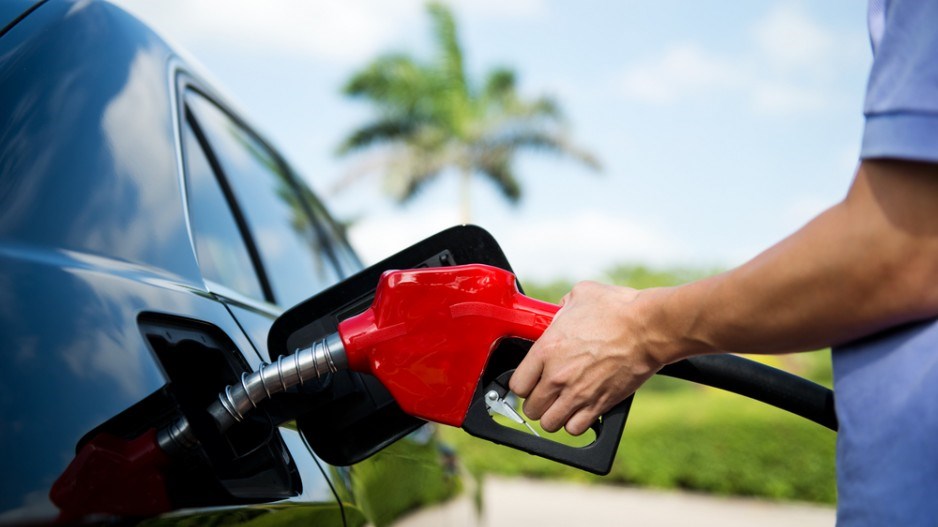Saskatchewan will pay lower carbon taxes, get back more rebates than B.C.
Canadians who live in provinces that don’t have carbon pricing will begin paying a carbon tax on gasoline, diesel and natural gas, starting on April 1, 2019.
But they will get most of the money back in the form of rebates.
The Trudeau government announced its new federal carbon pricing scheme Tuesday, October 23.
Under the plan, residents of provinces that don’t already have carbon pricing will start paying a $20 per tonne carbon tax in 2019, but the money generated in that province will go back to the province, mostly in the form of rebates.
The David Suzuki Foundation, Pembina Institute, Clean Energy Canada and Ecofiscal Commission are applauding the new tax.
“This is a pretty straight forward policy,” said Ecofiscal Commission executive director Dale Beguin said. “Revenues staying within provinces, where it is mostly sent back to households. It’s pretty clean and I think that’s notable in itself.”
Ontario, New Brunswick, Manitoba, and Saskatchewan do not have either carbon taxes or cap-and-trade in place, so starting in April 2019, the federal government will apply a new carbon tax there on gasoline, diesel and natural gas.
The new federal carbon tax has a number of exceptions and exemptions. For example, remote northern communities that rely on diesel power generation and air travel will get full exemptions from the federal carbon tax.
Farmers and fishermen won’t pay it either. Commercial greenhouses will also get exemptions, which raises the question of whether pot growers will get the same exemption for growing marijuana as tomato growers.
British Columbia, Alberta and Quebec already have carbon pricing in one form or another.
British Columbians already pay $35 per tonne, whereas the new federal carbon tax starts at $20 per tonne, and will rise $10 per tonne until it hits $50 in 2022.
Once the new federal carbon tax, Saskatchewan residents will get most of the money back in the form of rebates.
A single adult in Saskatchewan, for example, would get $305 in the first year. A family with two children would get back $609. The rebates will go up with the carbon tax.
British Columbians who are eligible for a carbon tax rebate get about half of what Saskatchewan residents will get in rebates.
The maximum rebate for British Columbians is $135 per adult and $40 per child, which means a family of four would get $350 per year back.
In other words, British Columbians will continue to pay almost double what Saskatchewan residents pay in carbon taxes, and get back about half the amount in rebates.
But as Beguin points out, British Columbians enjoyed lower income taxes on the first $30 per tonne in B.C., because the tax used to be revenue neutral. It no longer is.
B.C, Alberta and Quebec have also been the recipients of federal green fund largesse that provinces like Saskatchewan haven’t.
Under the Low Carbon Economy Fund. B.C. received $160 million, Alberta $150 million and Quebec $260 million. Saskatchewan got zero.




